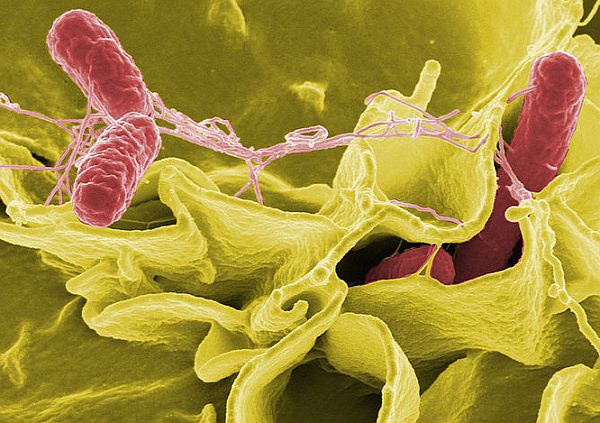
Finally, after increased utilization of machines and fossil fuels, mankind is slowly getting prepared to face the bare fact that the best remedy lies in nature’s lap. Scientists and researchers at the University of East Anglia have figured out that microbes are a source of energy and can be used for producing electricity. They are on the verge of creating power stations wherein bacteria would be tethered to electrodes and harvested for power.
The team of scientists has proved that bacteria discharge tiny electrical currents from their cells as a by product of the process of converting food into energy. Bacteria could also be subsequently used to convert industrial waste, sewage and uranium waste into electricity because of their nature to degrade waste and pollution.
Microbes would be an alternative source of energy along the same lines as wind and solar panels, said Dr. Clarke, the researcher behind the concept. He also added that the bio-batteries would give a continuous flow of electricity unlike wind or solar energy, which are dependent on climatic conditions. Two years ago, Dr. Clarke and his colleagues had proved that bacteria survive in anaerobic environments by constructing electrical wires that extend through the cell wall and make contact with a mineral.
At present, the current generated by tethering bacteria directly to electrodes are too weak to be useful. In their latest research the team has used a technique known as x-ray crystallography, which reveals the molecular structure of the proteins attached to the surface of microbe. These structures, once clearly understood, would be helpful in tethering the microbes more efficiently to the electrodes.
Considering today’s threatening scenario of acute energy crisis and an obtuse amount of pollution, going the green way would obviously be an optimistic thing to opt for. Besides, bacteria were the first ever forms of life to appear on earth. Oxygen or no oxygen, icy chill or fiery heat, they manage their lives well in all conditions. Dr. Clarke and his team has found out the best way to put these magical organisms to the best use ever.
Via: DailyMail




